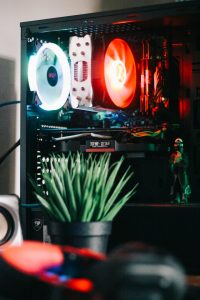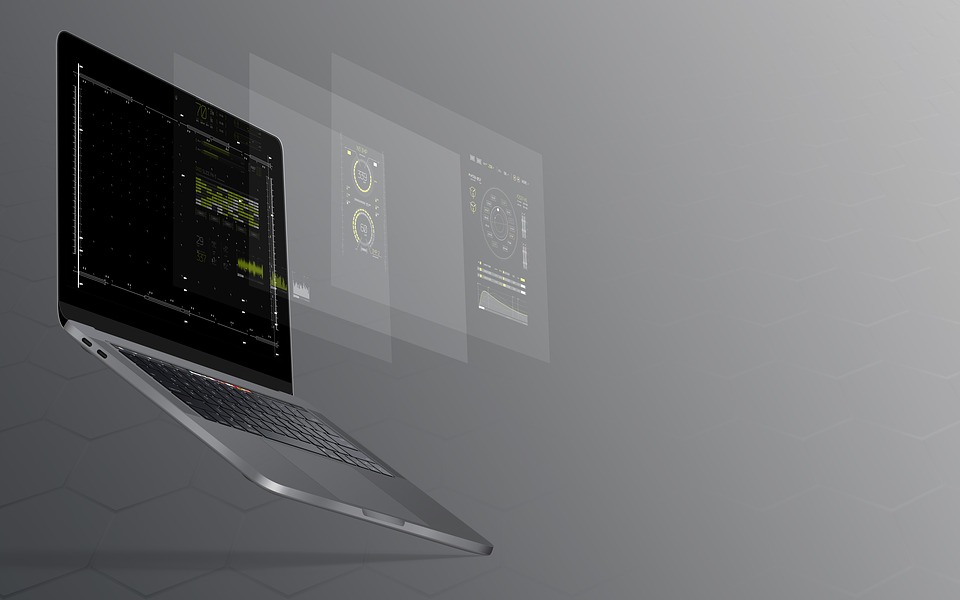
You may be puzzled of the different computer brands and manufacturers that are offered among stores. Why would you dwell in the average performing PCs that are sold for top-dollar when you can pay for the same amount but with higher-end specifications?
Yes, that is totally possible if you opted to build your own PC. The question is, where you should start? Like how others found the stuff they need such as cheap used forklifts, appliances and whatnot, it will all come down to research. It is imperative that you know what you wish to get from your computer. That is always the first step. From there, it will serve as a guide on what you should do next.
As soon as you have figured out what you want your computer to do and have, you will eventually know what you need from its hardware, where to buy it and so on.
What are You Planning to Build?
Yes it is true that you may feel overwhelmed with the sheer number of variations when building a PC. But are you building a PC to enjoy peak performance or to save money? A common thread in this subject will lie on these major components:
- Motherboard
- Processor
- Storage whether SSD or Hard Drive and;
- RAM or Random Access Memory
These brings the most impact on how your system will perform while other components similar to case and operating system as well as the peripherals such as monitor, keyboard, mouse, headset and power supply have lesser impact on how it will run.
Motherboard
This should always be the first thing you should get. It will dictate the size of your build and its physical form factor. At the same time, it is determining what other hardware pieces you will need for your computer.
Processor
The processor or CPU serves as the engine or heart of your system. It is setting the expectation of performance for your build. It controls data transition within PCs. When figuring out what processor to install, always watch out to its GHz or gigahertz; the higher it is, the faster your processor is.
